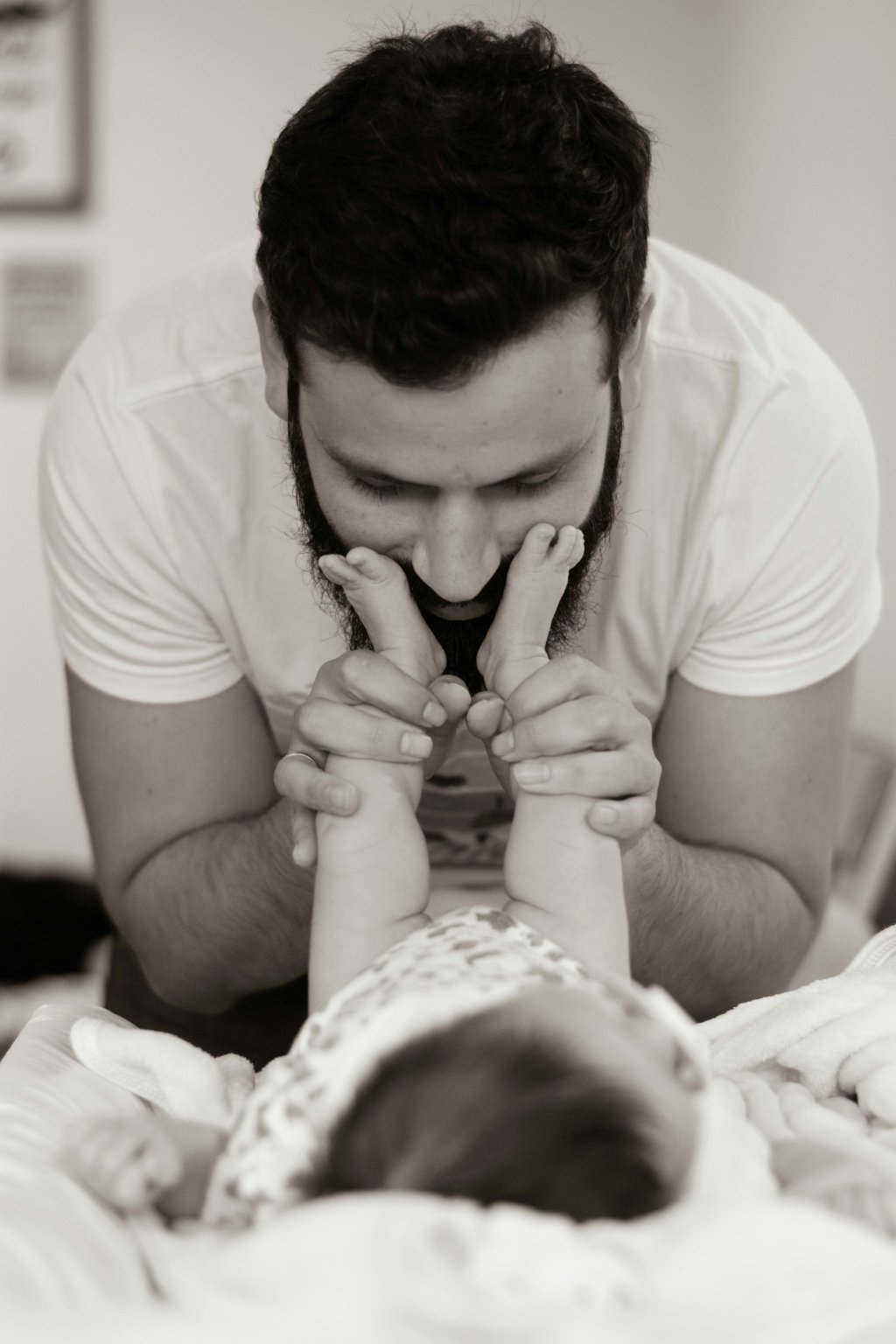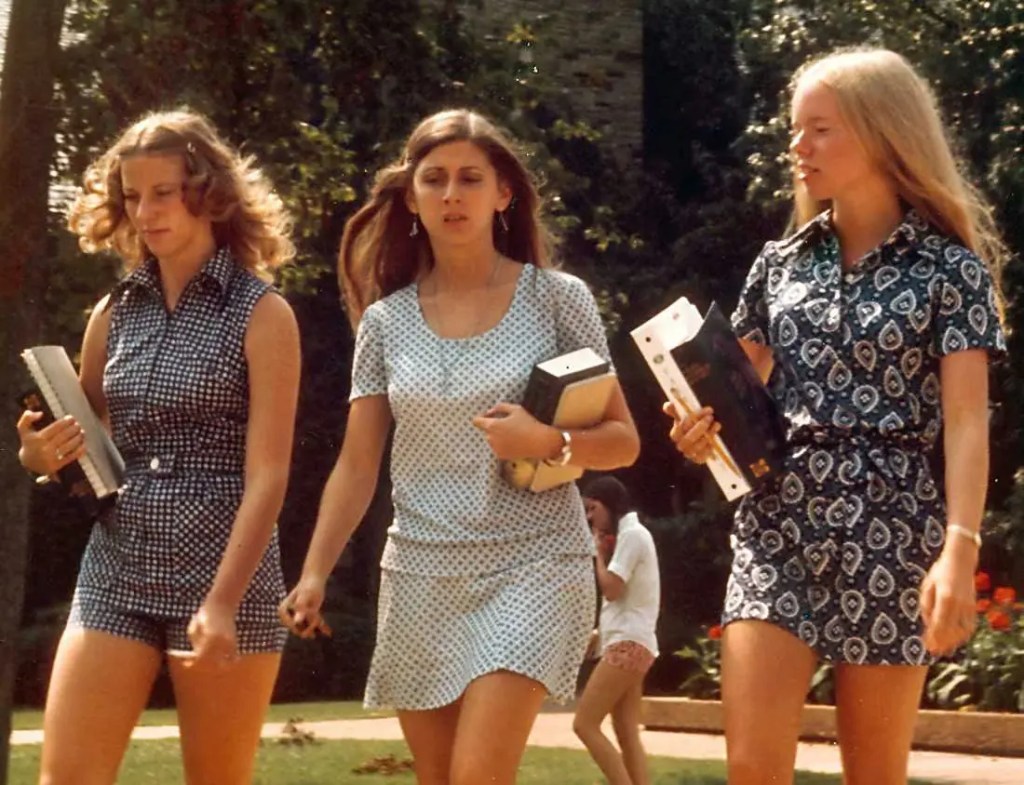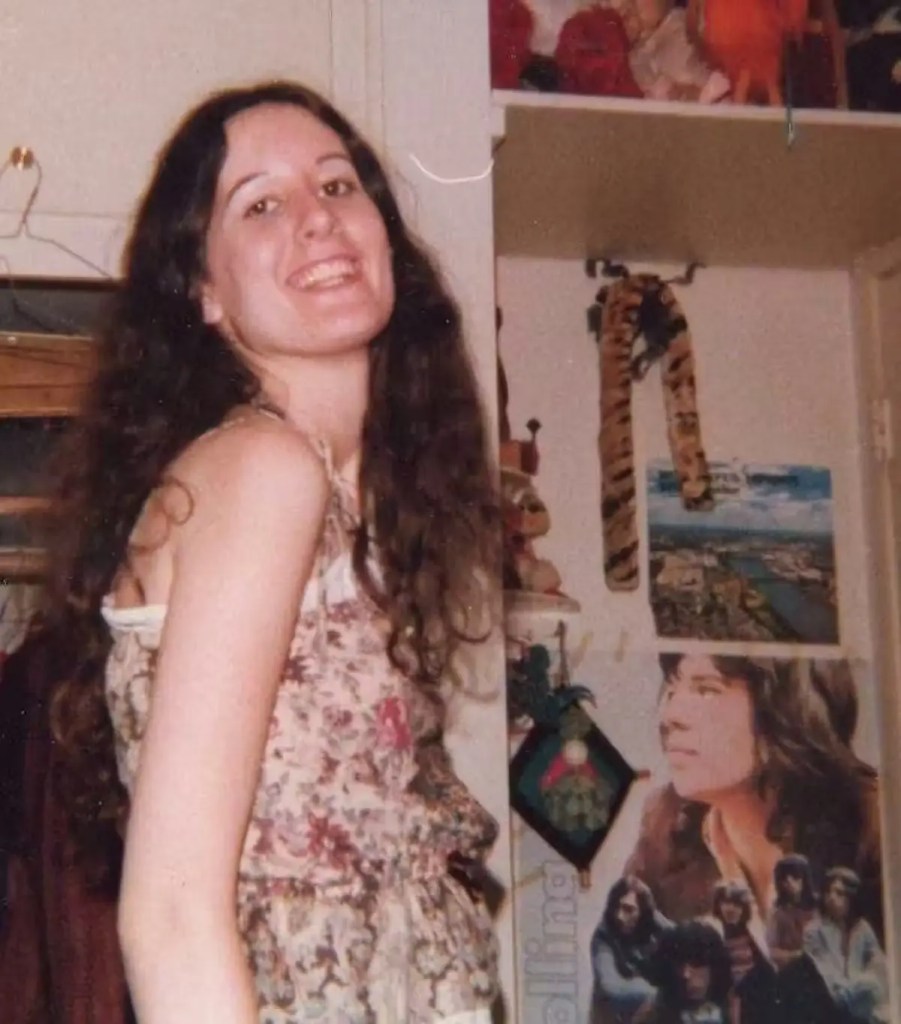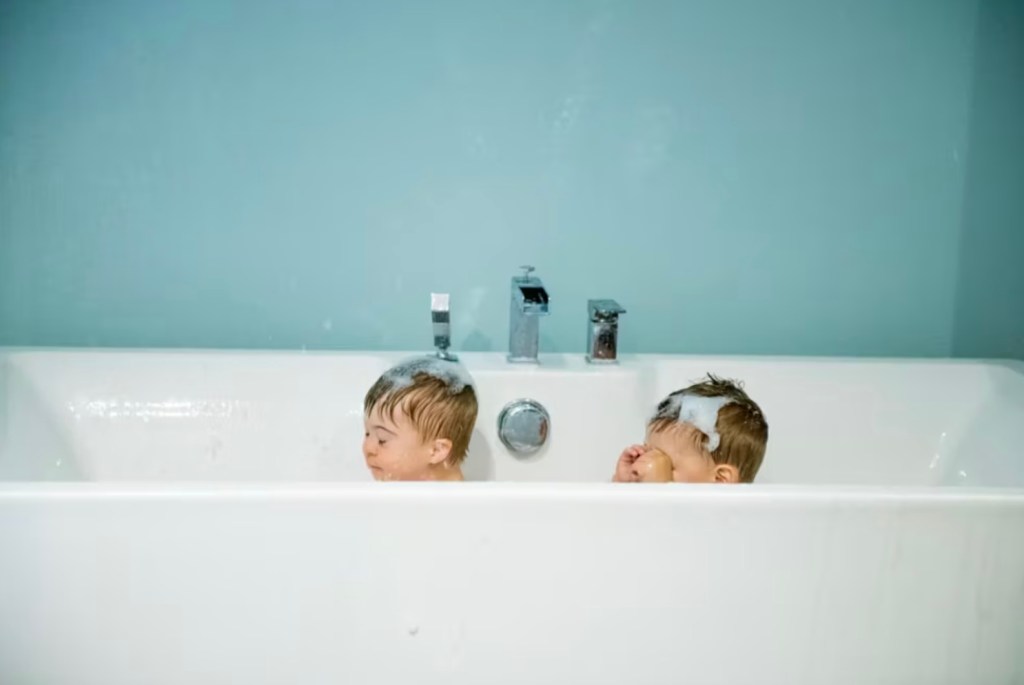I’m a proud dad of two girls, so I’ve experienced it twice. There’s something incredible about the very first moment you lay eyes on your baby or hold them in your arms. A brand new person in the world.
Both times it filled me with overwhelming emotion – even if only for a few seconds. Just a rush of love and wonder that is really hard to describe. Luckily, one new dad was able to capture it quite perfectly.
Joshua Lelon recently posted a screenshot of a text sent to him by a friend shortly after the birth of his son, trying to describe the feeling:
“You know how when someone you love dies, at first it doesn’t sink in but then you start thinking about all the things you will no longer be able to do with them?
“It’s like the opposite feeling of that. It’s incredible.”
What a perfect description. It’s the opposite of grief and loss. It’s the feeling of gaining something completely new, something that didn’t even exist in the world before that exact moment. And it’s not something most of us to get to experience very often, if ever.
Joshua’s friend’s words really struck a nerve with parents on X. The quote was viewed over 1.5 million times and inspired thousands of reposts and comments.
What’s behind the powerful feeling you get when you see or hold your baby for the first time?
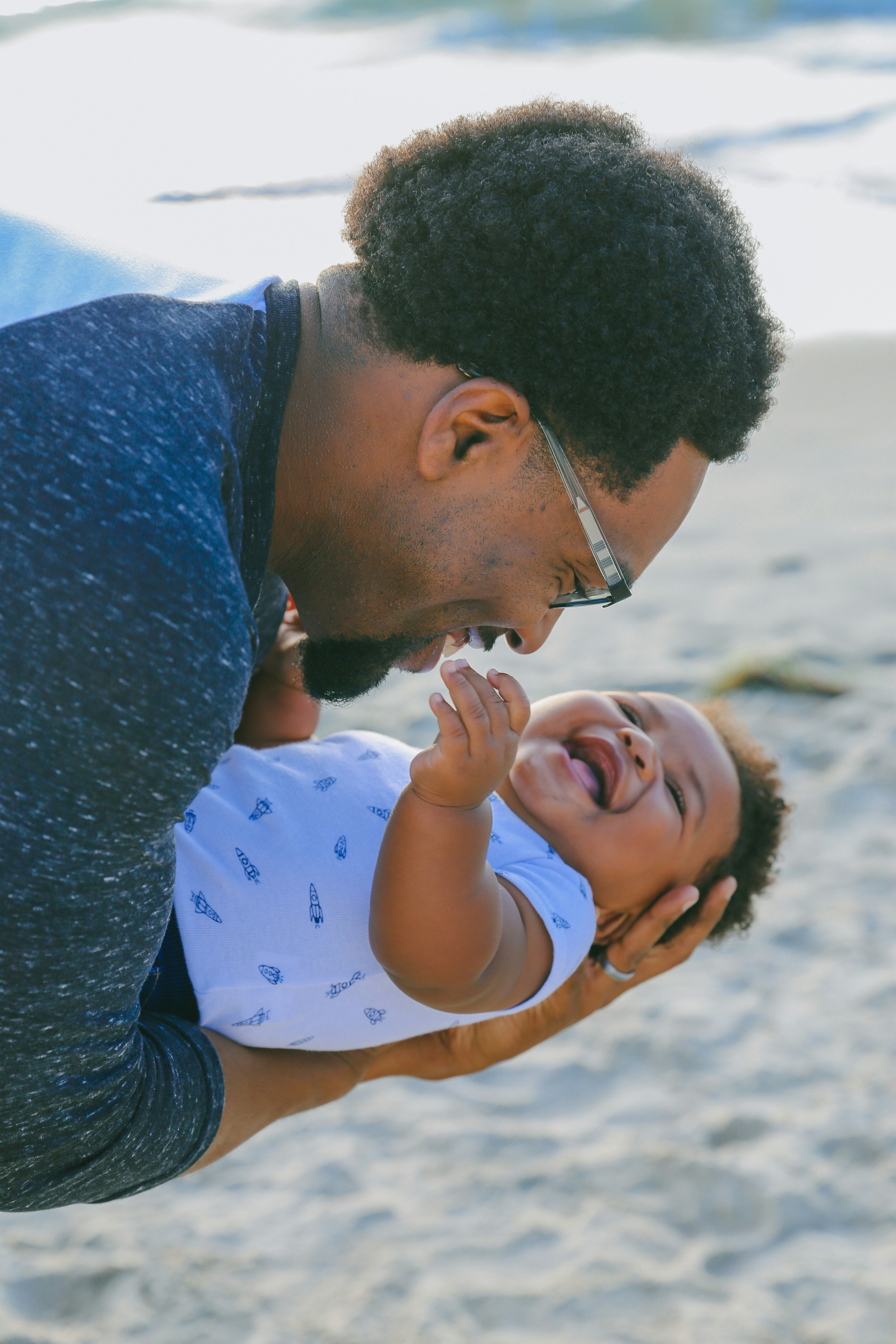
There’s a lot of emotion involved in the birth of a child. You’re happy, excited, anxious, grateful, overwhelmed, and a little scared. So it makes sense that most of us would have a strong reaction in that moment.
There’s also a lot going on in our brains and bodies that plays a big role.
“Our brains are flooded with a mix of oxytocin (often called the ‘love hormone’), dopamine, and endorphins, which create that sensation of love and bonding,” says Dr. Jennifer Silver.
For a quick refresher, oxytocin is a hormone heavily associated with love (both romantic and platonic), trust, and comfort. Dopamine does a lot of things in our bodies, but is mostly associated with pleasure — it just makes us feel good and want to do things that release even more dopamine. And endorphins help regulate our stress and moods — a rush of endorphins makes us feel happier, in short.
That’s an extremely powerful cocktail! Needless to say, we don’t usually experience all of those things at once when we meet new people.
“New parents [also[ experience changes in areas of the brain tied to empathy and caregiving, creating a profound shift in perspective,” adds Silver. This can happen right away, gradually over time, or both.
Either way, there’s a LOT going on all at the same time.
That helps explain why meeting your baby for the first time is such an intense, full-body feeling that can bring even the most stoic people to tears.
It’s also totally normal to feel very little — or even nothing — in your earliest days as a parent.
For every person who reports the life-changing rush of love when they felt when they first saw their baby, there’s another who felt almost nothing at all.
It’s important to remember that that’s normal, too.
The American College of Obstetricians and Gynecologists writes:
“Many new parents need more time to bond. Bonding is when you develop feelings of unconditional love for your newborn. Often, bonding happens gradually over the baby’s first year of life. So if you don’t feel these strong feelings of closeness in the first days or weeks after birth, that’s normal.”
Postpartum depression, which most hospitals are on sharp lookout for, is a little different. It involves deep feelings of despair or unhappiness, crying, and thoughts of harming yourself or the baby.
Not having strong feelings toward the baby right away isn’t a sign you have postpartum depression. But there’s no shame in either outcome.
However, if you’re feeling a little down about not having instantly bonded with your baby, the key is to fake it until you make it.
Lots of touching, skin contact, talking, and gazing into your baby’s eyes has been shown to help form a stronger bond over time.
And whether you get the initial burst of happy hormones or not, just remember the wise words above. You’ve got a lifetime of bonding and memory making to look forward to, and that is pretty amazing.

